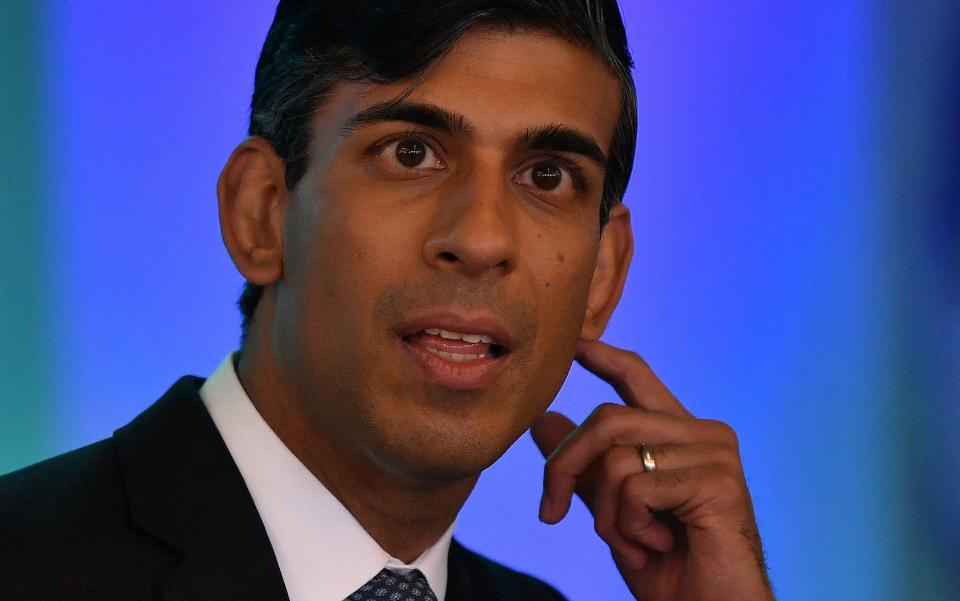Planned rise in minimum wage ‘unaffordable’ after pandemic


Britain may be unable to afford a planned increase to the national living wage as a result of the Covid-19 pandemic, The Telegraph can disclose.
Ministers and officials have been discussing applying an "emergency brake" to the minimum pay rate, which was expected to rise from £8.72 to to £9.21 per hour in April.
The change would be announced by Rishi Sunak in the autumn budget.
The Chancellor had set a target which would see the rate increased to the equivalent of two-thirds of the country's median earnings by 2024.
But members of the Low Pay Commission, which advises Mr Sunak on annual increases to the rate, believe an increase to £9.21 in April could now be unaffordable for many companies and result in increased unemployment.
The commission could trigger the emergency brake if evidence suggests that planned rises would be "damaging for the lowest-paid workers".
The panel will meet at the end of next month to decide on a recommendation for Mr Sunak's budget.
One option discussed with trade groups and unions is a smaller increase in line with inflation.
The disclosure comes after the Chancellor told Tory MPs to expect tax rises in the Budget as he said it was time to be “honest” with the public about how the cost of coronavirus will be met.
Last week The Telegraph disclosed that Treasury officials were pushing for the largest tax rises in a generation to plug the gaping holes in the public finances.
The Low Pay Commission, which is sponsored by the Department for Business, Energy & Industrial Strategy, has been consulting on possible changes to the current national living wage rate, warning that the pandemic "clearly represents a very challenging set of circumstances for workers and employers alike, and will require us to review whether an emergency brake is required".
Bryan Sanderson, the chairman of the Low Pay Commission, told The Telegraph: “The Low Pay Commission always advises Government based on a thorough review of the evidence and detailed discussions with workers and businesses alike.
“This is more important than ever, given the profound impact of Covid-19. We've listened carefully in recent months to the views of employers and trade unions, and we’ll continue to look at the latest economic data over the autumn, before agreeing recommendations on next year’s minimum wage rates in late October.
“There are not many winners in today’s uncertain world. Our contribution to help steer a path through the complexity will be to provide a recommendation founded on rigorous research and competent analysis which has the support of academics and both sides of industry.”
The national living wage currently applies to those aged 25 and over, with younger workers currently receiving the lower national minimum wage, as a result of "lower average earnings and higher unemployment rates".
From next April the wage was due to be extended to 23-year-olds.
The target of raising the national living wage to two thirds of median earnings by 2024 was conditional on "sustained economic growth" in the UK, which the commission defined as GDP growth of above one per cent.
The commission's options include recommending that Mr Sunak push back the 2024 target, so he instead aims for the wage to amount to two-thirds of median wages in 2025 or later.

 Yahoo Finance
Yahoo Finance 